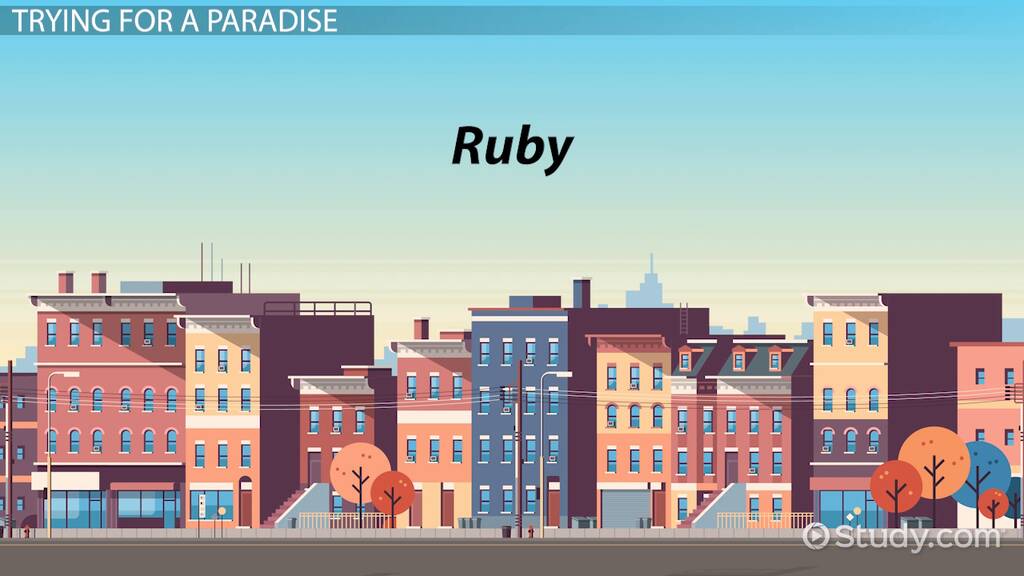Note: If you wish to receive, via e-mail, (1) my weekly newsletter or (2) daily copies of these posts, notify me at rrbates1951 at gmail dot com and I will send it/them to you. I promise not to share your e-mail address with anyone. To unsubscribe, send me a follow-up email.
Tuesday
The horrific police killing of Tyre Nichols differs mainly from other police killings in that (1) so much about it, including police bloodlust, has been captured by recordings; (2) the police killers were all Black; and (3) the policemen were immediately fired and arrested. The second point has especially drawn attention. Isn’t this what integrating police forces was supposed to prevent?
The dark fact, however, is that when police forces are granted virtually unquestioned immunity, then individual police will take advantage of that power, regardless of their race. Toni Morrison is one author who understands the violence that Blacks are capable of when given power previously granted only to Whites. I have in mind her novel Paradise.
The novel follows the history of a town set up by African Americans in the 1890s, which is to say, after the failure of Reconstruction and the reinstatement of Jim Crow discrimination. Encountering racism from not only Whites but light-skinned Blacks, the group sets up their own town, which becomes a kind of dark-skinned paradise (light-skinned Blacks aren’t allowed in). Morrison makes it clear, however, that such splendid isolation will eventually recoil upon itself, which it does.
Faced with changing times in the 1960s, including militant young people and self-assertive women, the town fathers conclude that four women living in a former convent are the source of all their problems. What results in a murderous rampage, complete with lynchings, of the sort usually associated only with Whites. Here’s how the book opens:
They shoot the white girl first. With the rest they can take their time. No need tohurry out here. They are seventeen miles from a town which has ninety miles between it and any other. Hiding places will be plentiful in the Convent, but there is time and the day has just begun.
They are nine, over twice the number of the women they are obliged to stampede or kill and they have the paraphernalia for either requirement: rope, a palm leaf cross, handcuffs, Mace and sunglasses, along with clean, handsome guns.
And further on:
Earlier, when they blew open the Convent door, the nature of their mission made them giddy. But the target, after all, is detritus: throwaway people that sometimes blow back into the room after being swept out the door. So the venom is manageable now. Shooting the first woman (the white one) has clarified it like butter: the pure oil of hatred on top, its hardness stabilized below.
Once one sees other people as “detritus,” all kinds of inhumane acts are possible. And just as the Black town fathers in Morrison’s novel believe that killing the Convent women will cleanse the town, Tyre Nichols’s killers may have thought the same. As Dr. Rashad Shabazz of Arizona’s School of Social Transformation observes, there is ample research
that suggests anti-Blackness is a factor in American policing. And Black officers, agents of an institutionally racist system, are affected by this. Anti-Blackness affects Black people too. And this might explain why Black police officers exhibit more anti-Black bias than the Black population as a whole.
America’s semi-fascist right, at the present, is keen to ban Toni Morrison novels from public school libraries and curricula. In doing so, they fail to appreciate how the Nobel Prize-winning author is not afraid to tell truths that challenge Black people as well as White.


